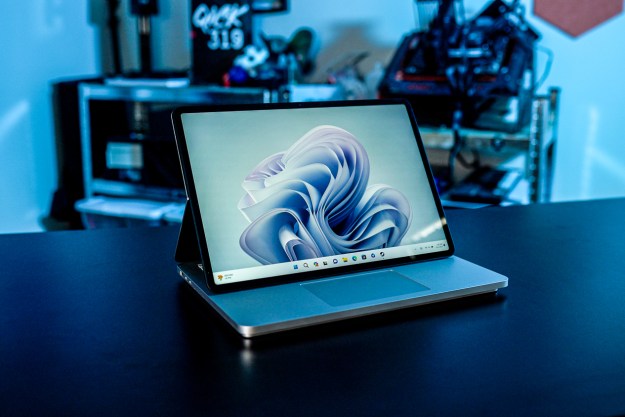
Windows 10 is on its way out, with support ending in October 2025. That isn’t changing, though Microsoft’s approach to rolling out new features in the meantime definitely has. In a surprising move, Microsoft announced in a June 4 Windows Insider Blog post that it is bringing a Beta Channel for those Windows Insiders currently running on Windows 10 version 22H2.
This means that despite the end of support, Windows 10 users will continue to get some new features that were initially restricted to Windows 11, such as the new Copilot app. It’s also possible that other features may be on the way, but Microsoft has not released any further information on the subject. It was originally stated that Windows 10 version 22H2 would be its final feature update, but that appears to not be true anymore.
Microsoft encourages Insider users to join or switch to the Beta Channel by going to Settings > Updates & Security > Windows Insider Program. Windows 10 users will still have the option of getting security updates, but at a price that Microsoft said will be announced later. However, businesses will still face a hefty fee schedule of $61 per device for one year of security updates, $244 in the second year, and $244 in the third year. Joining Beta will not automatically upgrade you to Windows 11 since Microsoft says the upgrade is optional. The user can choose to upgrade when they are ready to do so.
Bringing Windows 11 features back to Windows 10 is great news for those who refused to upgrade — or even chose to downgrade back. After all, it’s nothing unusual for Microsoft to try to get users to buy a new PC. For example, many users can’t upgrade to Windows 11 because of the hardware requirements, a controversy in the early days of the Windows 11 launch.
And even if you do have Windows 11, it’s still not enough to use some of Microsoft’s latest AI creations. Users’ laptops have to meet hardware requirements to become a Copilot+ PC, such as 16GB of RAM, 256GB of storage, and 40 Tera Operations Per Second (TOPS) to use AI features such as Copilot suggestions in settings, real-time translation, one-click replies to notifications, and more. That leaves desktop users out in the cold entirely.
Editors' Recommendations
- Microsoft is warping the PC industry into something unrecognizable
- Nvidia and Microsoft are solving a big problem with Copilot+
- Windows 11 just took copying and pasting to the next level
- There are two versions of Windows 11. Here’s how to decide between them
- Windows is about to axe these three iconic apps



